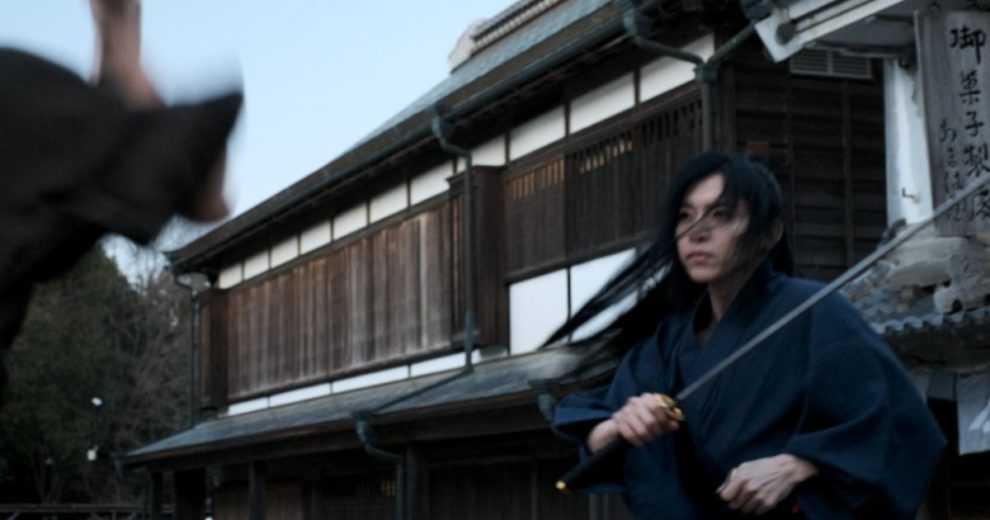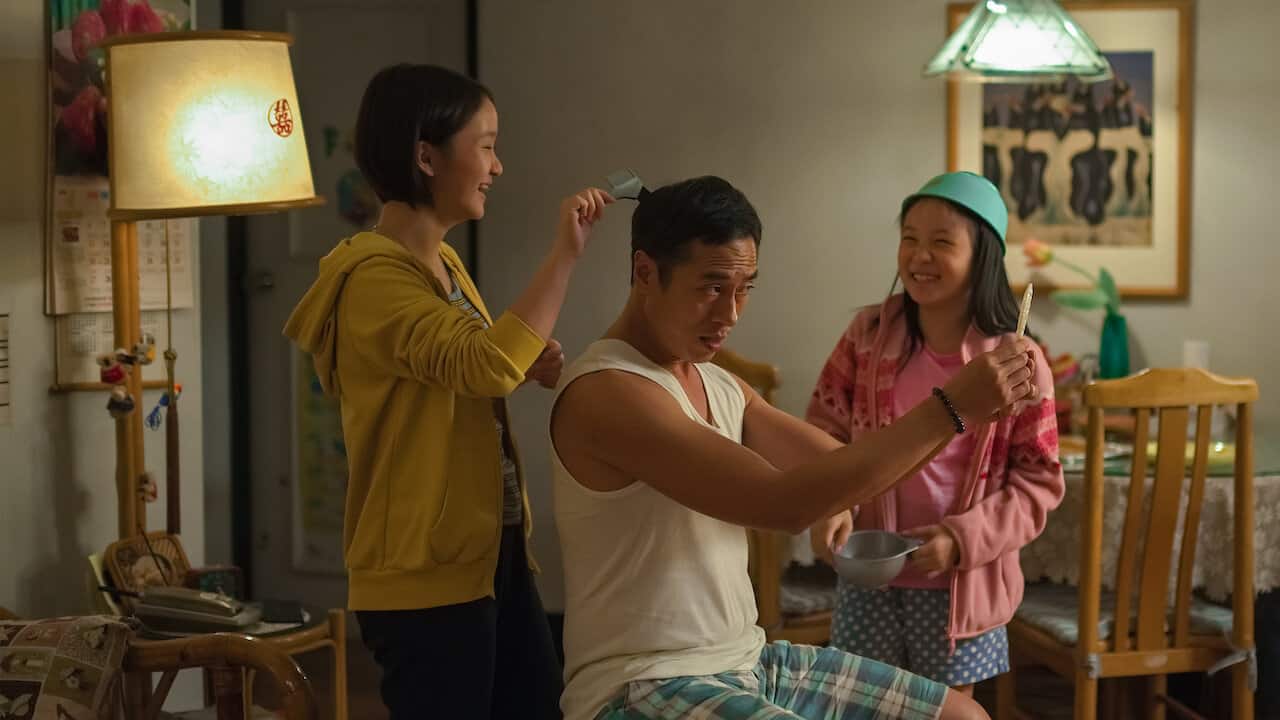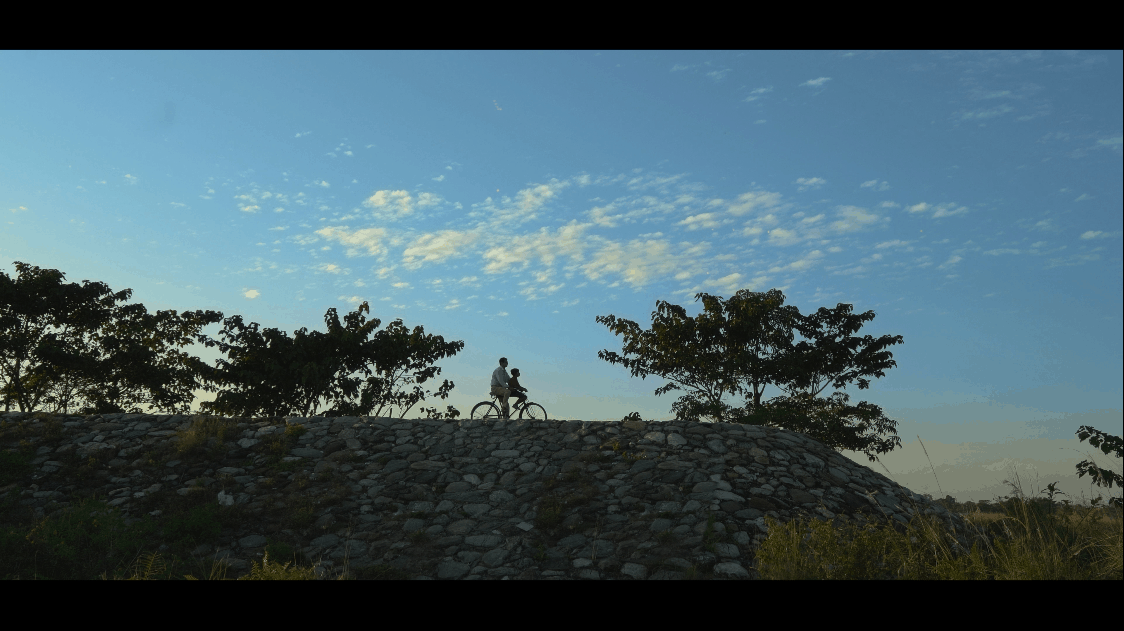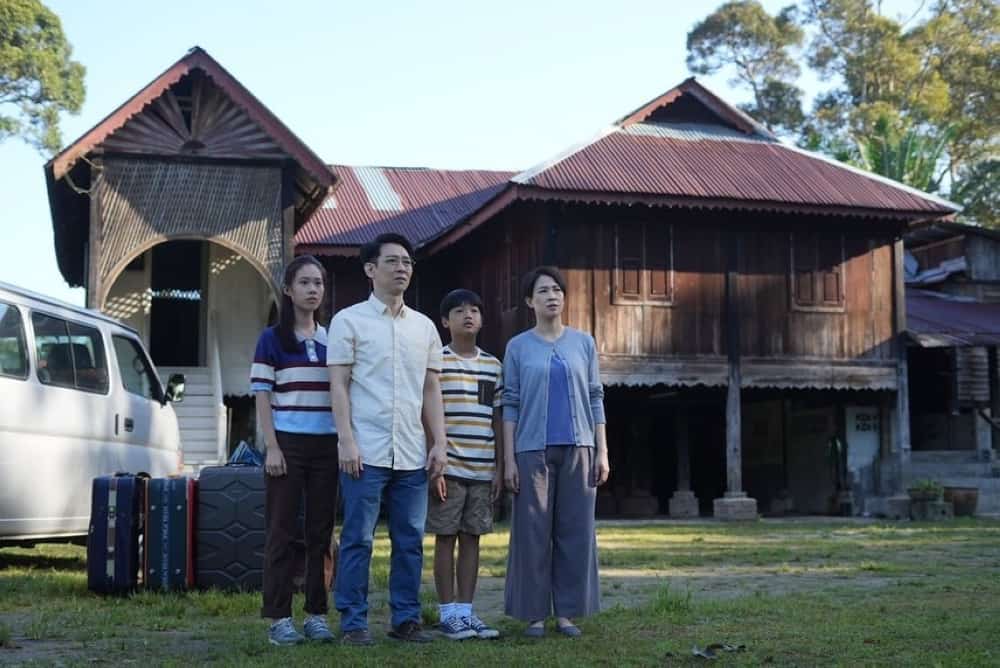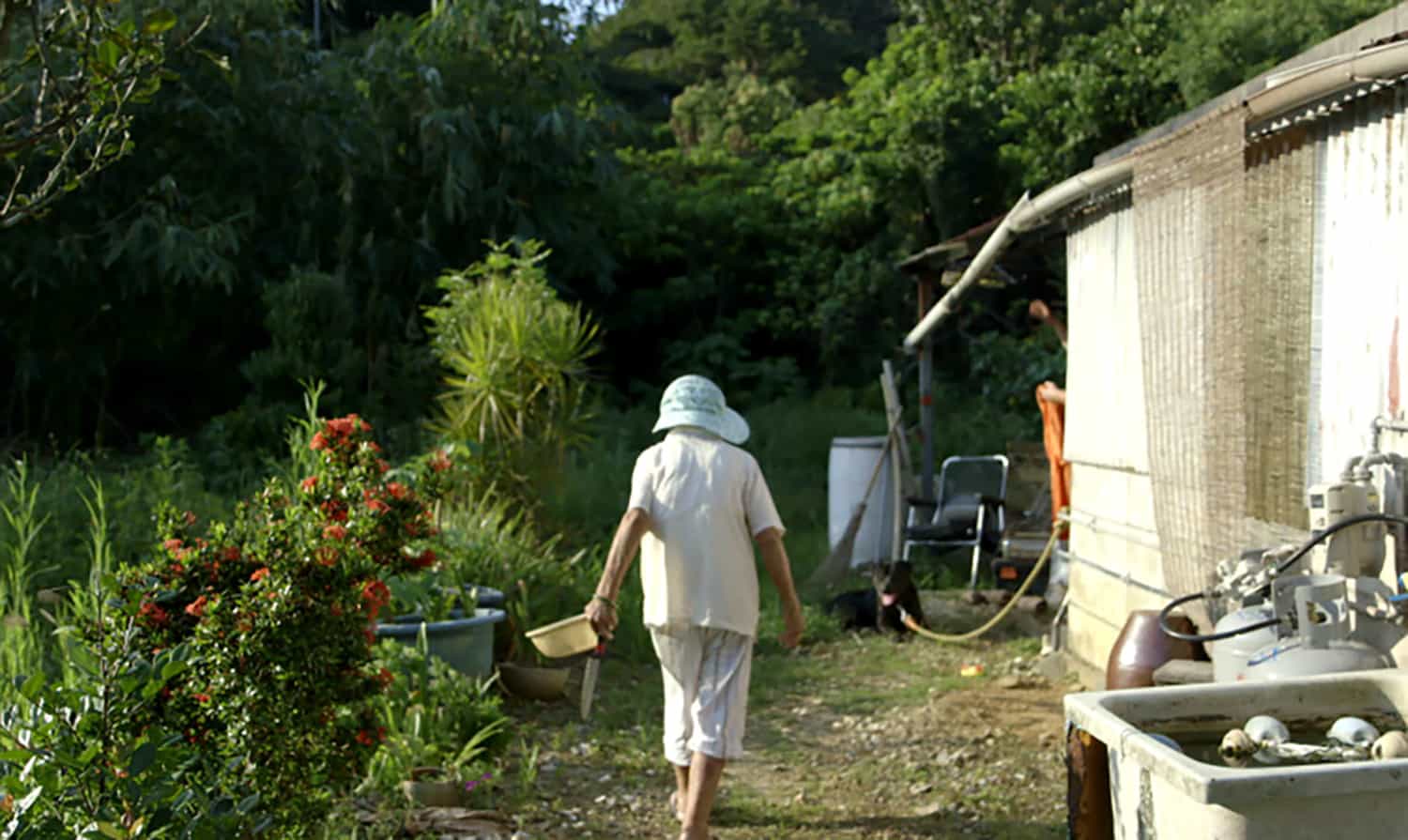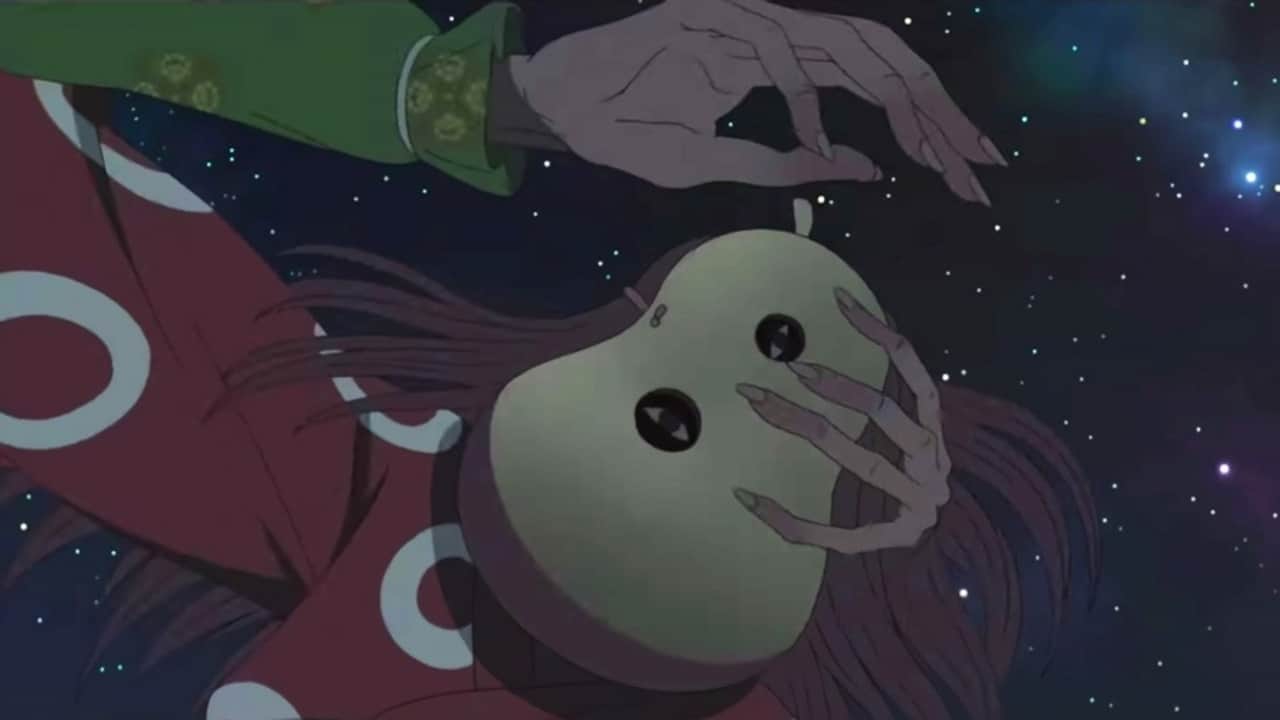Bakumatsu refers to the final years of the Edo period when the Tokugawa shogunate ended, essentially bringing the finale to the samurai era of dominance. The period has been drawing the attention of Japanese cinema for decades, with a plethora of movies about the whole concept (Rurouni Kenshin is one of the most recent for example) particularly regarding the Shinsengumi. Chika Hashimoto presents a completely different take on the two concepts, by focusing her story on Hana Yamada, a girl who works in an office in modern Japan, but after a hit in the head, she finds herself in 1863 Edo.
Bakumatsu Heroz is screening at Japan FilmFest Hamburg

Hana does about the period from visual novels, images of which appear throughout the movie, but to her astonishment, she finds herself hanging out with famous samurai like Ryoma Sakamoto, who was actually an enemy of the Shinsengumi, and some of the most famous members of the latter, of the likes of Soji Okita and eventually Hijikata Toshijo. As she befriends a number of them, she begins an effort to stop them from meeting the tragic endings history saved for them, by convincing them that she is from the future and actually knows what happened later on with their lives. It turns out, however, that their dedication is much more important to them than their life.

Chika Hashimoto bases her rather simple narrative to a trope, since no one seems particularly surprised that a girl that is dressed unlike anything they have seen before, is suddenly walking among them, along with the fact that when she reveals her true identity and the future of the protagonists, no one seems even remotely surprised by the fact or even questions what she says. This aspect gives a general lightness to the whole film, which in combination with a few elements that could be described as slapstick humor, particularly regarding the cross dressing geisha Oryo, end up with a rather different perspective of these quite dark times.
And while the friendships and the slight romances work quite well, along with the humor, the costumes and set design and the locations the film takes place in, the same does not apply to the action scenes, which are equally badly shot, edited, and choreographed, highlighting the low budget of the movie, particularly regarding its visuals, in the worst fashion. Especially the finale is almost laughable in the way the editing is implemented in order to induce the actors' actions with a sense of speed.
One the other hand, the main comment of the movie, regarding the dedication of the samurai to their cause and the self-sacrifice they exhibited even when they find out about their inescapable fate, is presented quite eloquently, with the question towards Hana of if their efforts were worth it, being one of the most intriguing aspects of the movie.
“Bakumatsu Heroz” has its good moments, particularly regarding the original presentation of a story about the end of the Bakufu and the overall sense of humor, but Chika Hashimoto misses her target almost completely by deciding to include a number of action scenes, which she had neither the budget nor the knowledge of how to shoot them.


